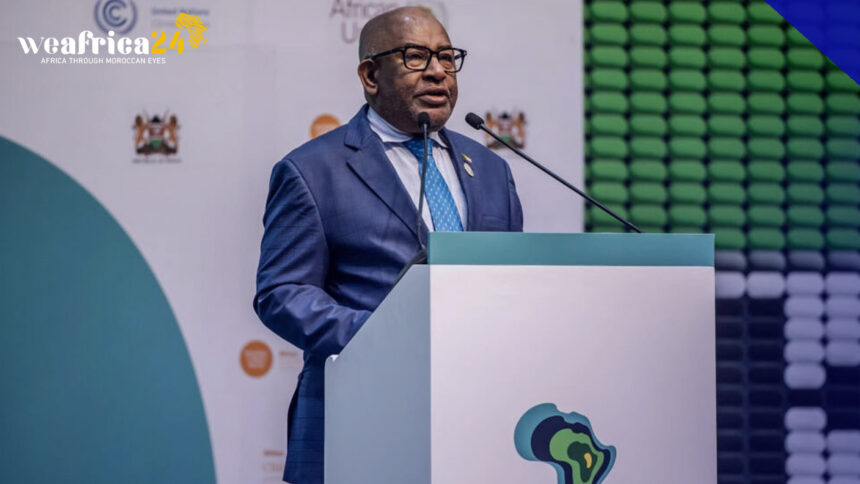On the second day of the Africa Climate Summit held in Nairobi on September 5th, 2023, the Secretary-General of the United Nations, Antonio Guterres, spoke optimistically about Africa’s potential to become a “superpower in renewable energy.” Meanwhile, the United Arab Emirates pledged $4.5 billion in investments in clean energy projects across the continent.
Guterres emphasized the transformative potential of renewable energy sources in Africa, characterizing them as a potential “African miracle.” His remarks set the tone for discussions at the inaugural African climate summit, which is scheduled to span three days and conclude on Wednesday. The overarching objective articulated by the 54 African nations participating in the summit is to demonstrate unity in combating climate change, particularly in terms of the measures to be implemented.
However, as the summit unfolds, African states are primarily focused on highlighting their strengths and unique circumstances in pursuit of financing opportunities. Such events are notorious for last-minute negotiations, with divisions persisting until the final moments. A preparatory meeting held the previous evening to present the draft declaration’s final version revealed significant discord, and these divisions reemerged during the speeches of heads of state on Tuesday.
Denis Sassou-Nguesso, President of the Republic of Congo, argued that the heart of the effort to secure funding and establish a global carbon market should revolve around the forests in the Congo Basin, Indonesia, and Brazil. He stressed that these three regions harbor 80% of the world’s biodiversity and serve as the Earth’s carbon equilibrium regulators.
Another leader advocating a unique perspective was Azali Assoumani, President of the Comoros archipelago, who emphasized the importance of the “blue economy” concept, highlighting the critical role oceans play in sustainable development. “We call for support for a sustainable blue economy and appeal for new partnerships and collaborations,” he asserted.
Macky Sall, President of Senegal, shared the sentiment of his Kenyan host, President William Ruto, emphasizing the centrality of green economic development in the fight against climate change. Both leaders lamented the inadequate international financial commitments, with Sall asserting that African countries are forced to finance their green projects through debt, despite previous commitments in the Paris Agreement stipulating that adaptation financing should primarily rely on grants.







